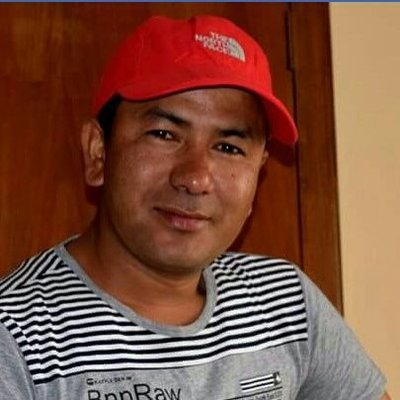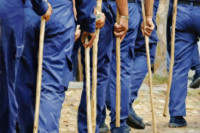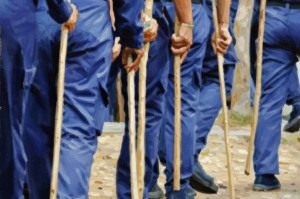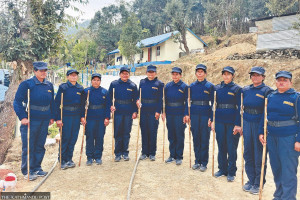Sudurpaschim Province
Returnees in far-west find themselves facing an uncertain future
Most migrants who returned home this year as the Covid-19 crisis began came back empty-handed._0105266ka.png&w=900&height=601)
DR Pant & Basant Pratap Singh
Yagya Sarki of Koteli in Dadeldhura was 14 when he went to Shimla in India for employment. He had gone there with 12 other people from his village, all of whom were about the same age. There, he would work at an apple orchard during the harvest season and work odd jobs elsewhere the rest of the year. Sarki recently came back to Nepal for good, but has been struggling ever since to make a living for his family, as the work this year was cut short, he said.
“Migrating to India for employment is common in the far and midwest regions of Nepal. Once you reach your teens, you are sent to India for employment,” Meghraj Bhatta, a local of Manilek in Dadeldhura, said.
In Dadeldhura’s Nawadurga Rural Municipality, about one-third of the total population migrate to India for seasonal employment, according to Kabindra Bista, the rural municipality chief. This year, the number was around 6,000. Likewise, in Bajhang’s Bungal Municipality, about 60 percent of its people go to India for seasonal work, according to Mayor Dhan Bahadur Bista.
Almost all of these migrants returned home this year as the Covid-19 crisis began. According to data from the Provincial Ministry of Social Development, over 150,000 people have returned to the far-western province either before or after the government imposed a lockdown in response to Covid-19.
Faced with a lack of cash and an increasingly uncertain future, most of these returnees have suddenly found themselves at a loss.
“Many of them returned without receiving wages from their workplace,” said Bista.
“Our lives have turned upside down,” Siumal Khadka, a local of Jayaprithvi Municipality who recently returned from India, said. “It’s hard to find work in Nepal. The pressing problem now is of subsistence.”
Bista said that his office has no plan as such to offer relief to the returnees.
While returnees struggle to make a living, other residents fear a possible shortage of food and drinking water, as so many people have all returned at once.
“If the pandemic extends further then we may have to face several problems at once,” Sher Bahadur Saud, a schoolteacher in Bungal, said. “Problems like food and drinking water shortage, and environmental pollution.”
Tek Bahadur Bista, a senior agriculture technician at Bajhang Agriculture Directive, said the far-western districts might face a shortage of food, as demand continues to swell.
“If the demand continues to increase, then the price is bound to rise, and many might not afford to buy daily essentials,” he said.
Kabindra Bista, chief of Nawadurga Rural Municipality, said that while the crisis looms large, the local units are not as prepared as they should have been.
“As the fiscal year is coming to an end, there’s little we can do as of now,” he said. “We have, however, planned for the upcoming fiscal year.”




 9.51°C Kathmandu
9.51°C Kathmandu
















